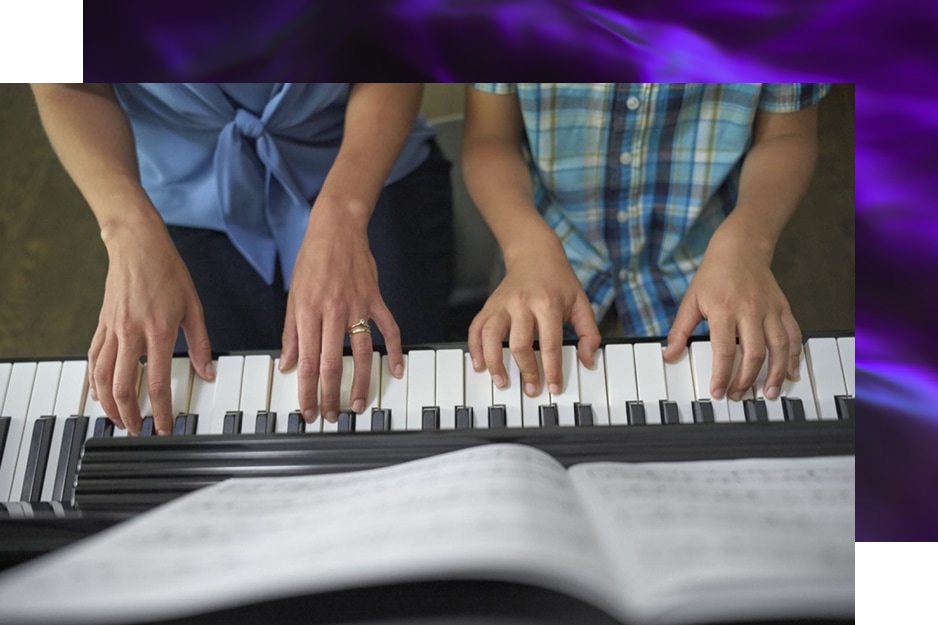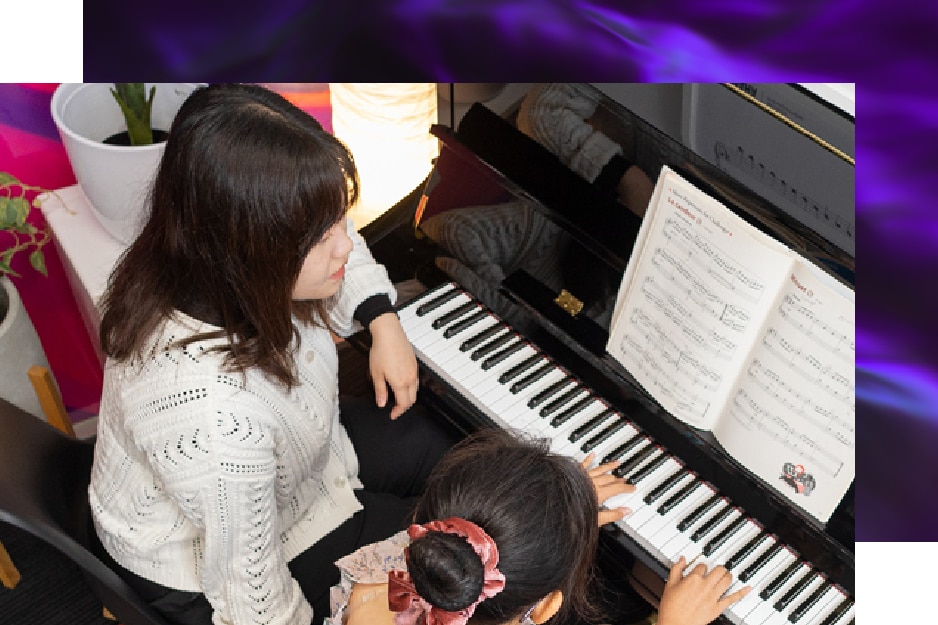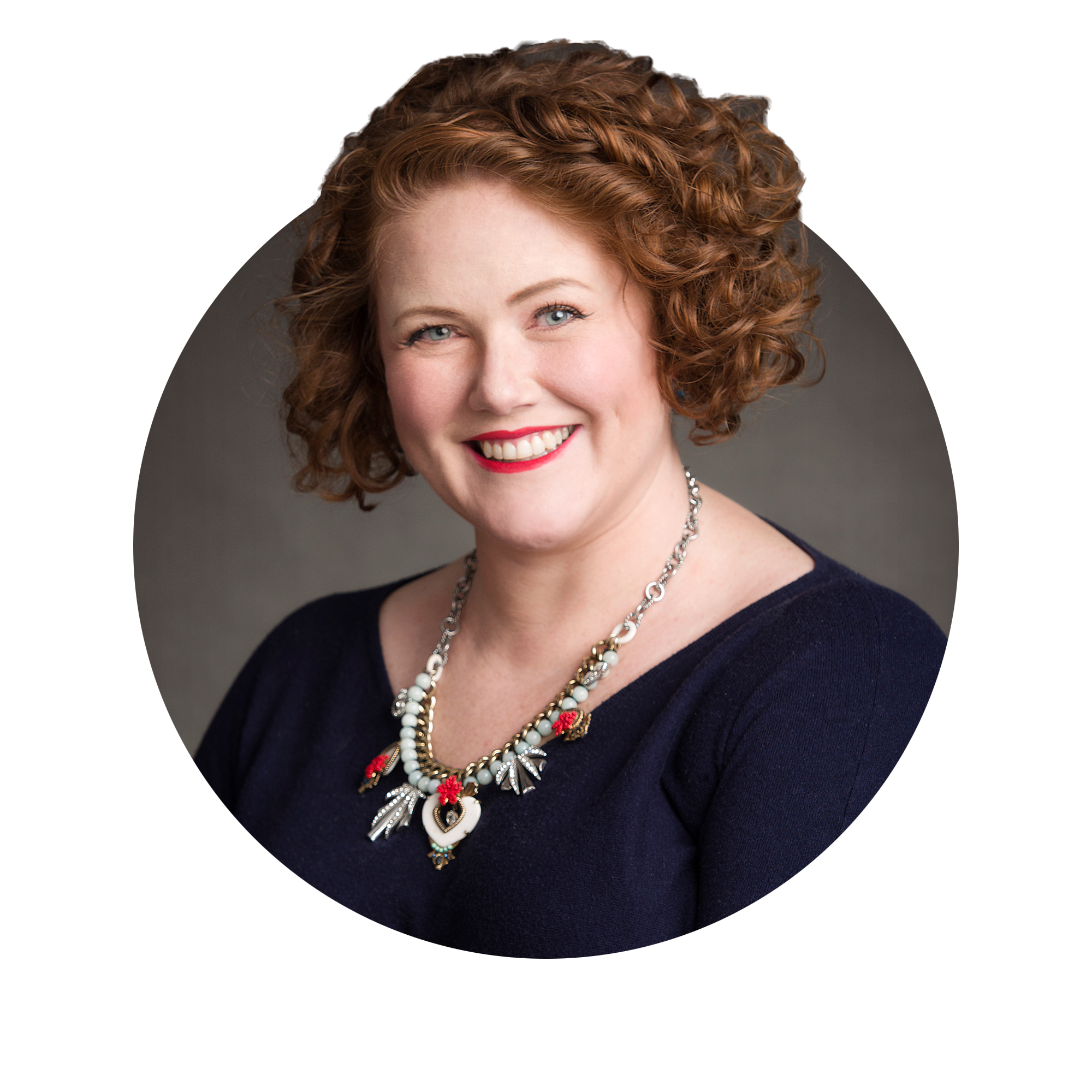FIRST LESSON INTENTIONS
My intention of the first lesson is to do three things; build rapport, give them something they can take home and play, and start a conversation about what practicing looks like at home.
Have you ever considered what the ideal outcome of a first lesson would be? What would you like the student to walk away with?
After a long time considering this, speaking to colleagues and experimenting with students; I’ve discovered that there are a couple of key ingredients to successful first lessons.
Building rapport is at the heart of a successful first lesson. It starts with welcoming your new student into the lesson space, getting to know them a little and creating a safe, learning-friendly environment.
BUILDING RAPPORT
As you’re building rapport, it’s important to be curious and learn more about the student’s experience and preferences with music (keep it light hearted, this isn’t an inquisition). What do they like to listen to? Have they played around with any other instruments before? What sounds do they like to make on their instrument at home? Simple questions like this help you to discover how much they have already explored sound and allow an opportunity for you to listen and your new student to share their experiences. This creates a foundation of partnership with the student and actively demonstrates that you value their input.
TAKING SOMETHING HOME WITH THEM
Another important element to the first lesson is for your student to have something tangible they can go home and play! It can be very simple, it could be a small exercise to show their parents or a piece you teach them by rote. The intention is for your student to feel great about being able to play their instrument straight away. Simple is great, it means they will be able to go home and start establishing a practice routine and also get positive feedback from their family (who hopefully want to hear what they’ve learnt!).
At the end of the lesson, a quick recap of what they’ve learnt and how they can play that at home is very useful. It is the start of them learning about effective practice. It’s really that simple! My intention of the first lesson is to do those three things; build rapport, learn something they can take home and show their parents, and start the conversation about how they can play it at home. Any more than that and I find it can impact on achieving my main intentions of the lesson. If I stick to building a genuinely warm space to have positive learning experiences, then the first lesson has been a success!
Do you have something else that is very important to you for the first lesson? Consider what you want your students to walk away from the first lesson with. Is it about the things they can do, the feeling they have or specific things you’ve taught them? By thinking about the outcomes in advance, you can use the time you have with your new student most effectively.
I know building rapport can feel tricky sometimes, if you’d like some conversation starters download your own copy of my Building Rapport Guide and your guide to Communicating Effective Practice Strategies from the Beginning.

Building Rapport
Your quick guide to building warm rapport with new students from the first lesson. Need a conversation starter? We’ve got you covered.

Establishing the What and How of Practice
What is important to you about your students’ practice and how can you communicate this from the very first lesson? Download your guide to establishing effective practice habits from the very first lesson.
Carly McDonald

Carly McDonald is an Australian piano pedagogue, consultant, writer and presenter. She loves to connect teachers with creative ideas and strong business acumen. As well as being the Yamaha Music Australia Piano Education Consultant, Carly is the author of Creative.Piano.Professional, Editor of The Piano Teacher for Hal Leonard Australia, Australian Ambassador for the Piano Adventures series by Randall and Nancy Faber and co-editor of the ‘I Want To Play That’ piano series. She is passionate about fostering a connected teaching community and helping students to develop strong musical foundations and pathways for self-expression.

